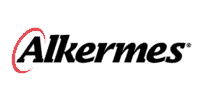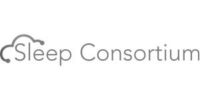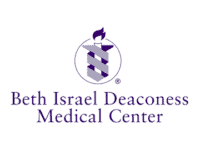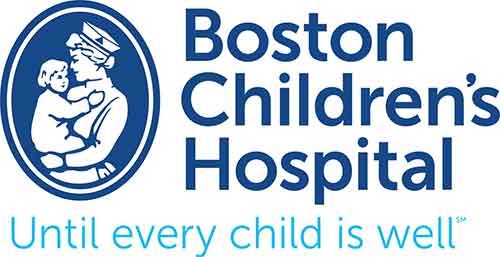Your lived experience is invaluable.
People who volunteer to participate in sleep and sleep disorders research play a critical role in advancing science and medicine. Without volunteers willing to participate, clinical research studies simply would not be possible.
There are various ways to get involved in research—from taking online surveys to participating in focus groups or enrolling in clinical trials. We are sharing links to various sleep and sleep disorder research opportunities and clinical trials here to help raise awareness about clinical research efforts in our community. Not everyone will be eligible for every study; please click the links to read details and follow up with the research teams directly with any questions.












